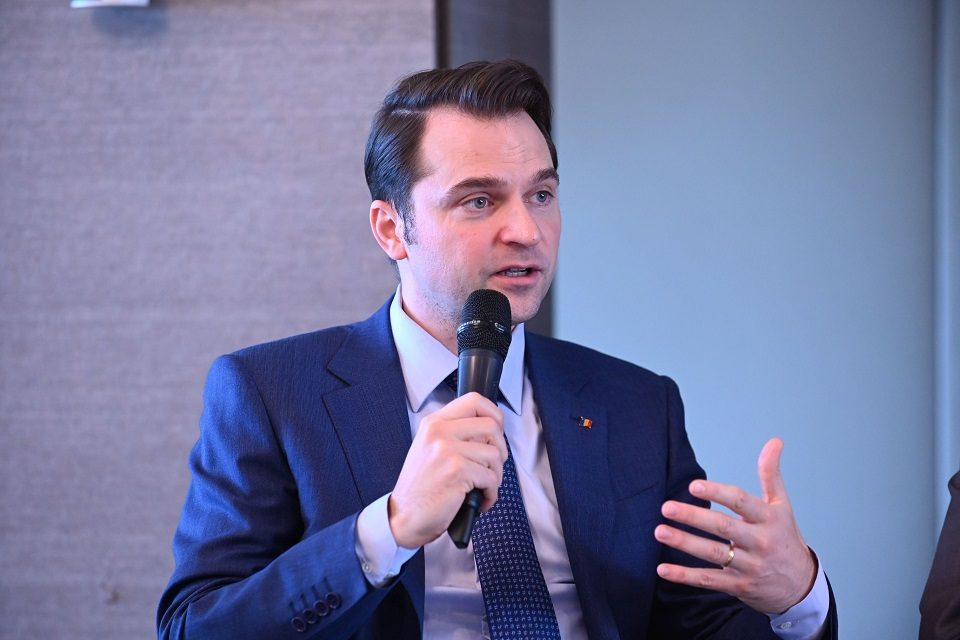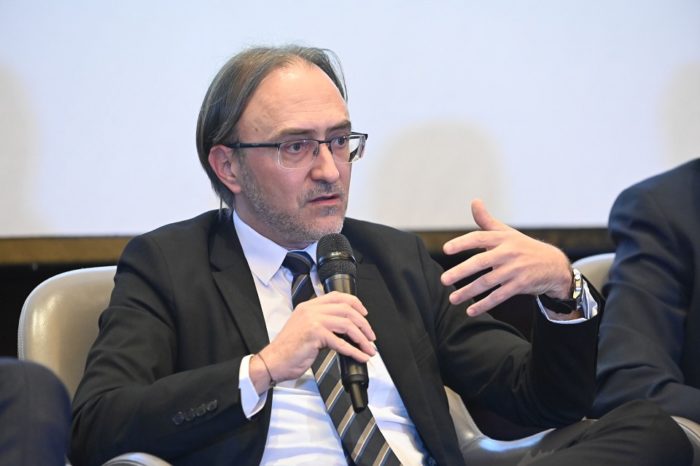Energy Minister Burduja: “We must accelerate the projects for new energy production capacities”

“We already have the experience of Investment 1 from PNRR, which meant somewhere around 1800 MW of installed power and about 400 million euros in the value of signed contracts.
The biggest need we have is to accelerate the market launch of these funds. We will soon close an acquisition of external evaluators to increase the processing capacity of these contracts.
We are also looking at the compensation scheme and have a few principles in mind. First of all, we need stability for the end customer. It is not easy to do when the international situation is in constant change,” Energy Minister Sebastian Burduja said during ZF Power Summit.
“It must be a sustainable scheme and we know well that the Romanian state has registered some debts to suppliers. We tried to find solutions to pay these debts as quickly as possible. We had discussions with the main stakeholders in order to find solutions for improving the capping scheme, considering that the prices on the market have decreased.
We have a dialogue with the European Commission and we manage to keep the same capping scheme until March 2025, after which we have to prepare a staged, transparent transition in full consultation with all the people in the energy system.
We are preparing a gradual transition to a more competitive market. I am a fan of a competitive market that offers the best possible prices. At the same time, we must ensure the stability of the entire energy system.
The only way you can ensure lower prices is to produce energy. This means investments and I think we managed to accelerate the investment program, and the results will be seen in a few years.
This also means strategic projects such as Neptun Neep. From 2027 we will be the largest producer of natural gas in the EU, we will double our gas production in Romania. This will certainly lead to a decrease in prices based on the principles of a free and competitive market.
At the Oltenia Energy Complex, there are delays in the projects that make the transition from coal to natural gas-based production. There are delays that we owe to recover or obtain a derogation from the European Commission for at most 2 years so that we do not remove the coal groups and have nothing to replace them with for energy production.
We clearly conveyed Romania’s position to the European Commission: secure energy first. We want green energy, but the national energy system must first be safe.
We have assumed a decarbonization of the Romanian energy system: 2026 – cessation of lignite mining and 2032 – cessation of coal mining in Jiului Valley.
We are lucky that coal has a low share in the energy mix, somewhere around 10-15% at the moment. In the short and medium term, we will use the gas that Romania has. In the medium and long term we will use nuclear energy. To these we add production from onshore and offshore renewable energy sources.”













